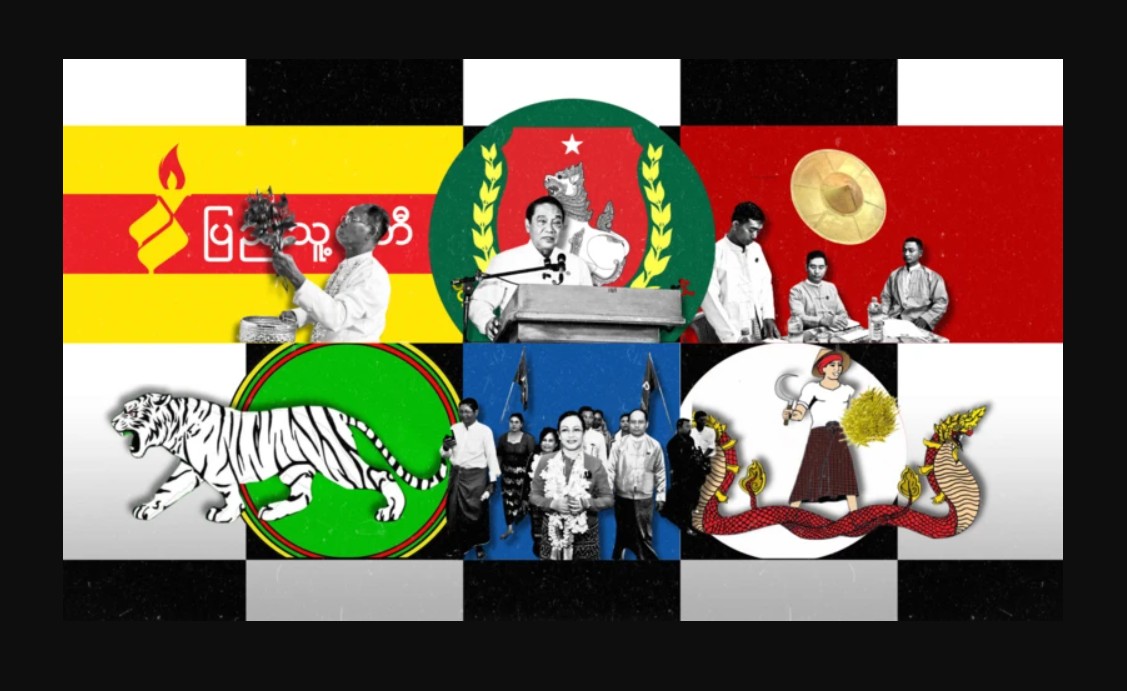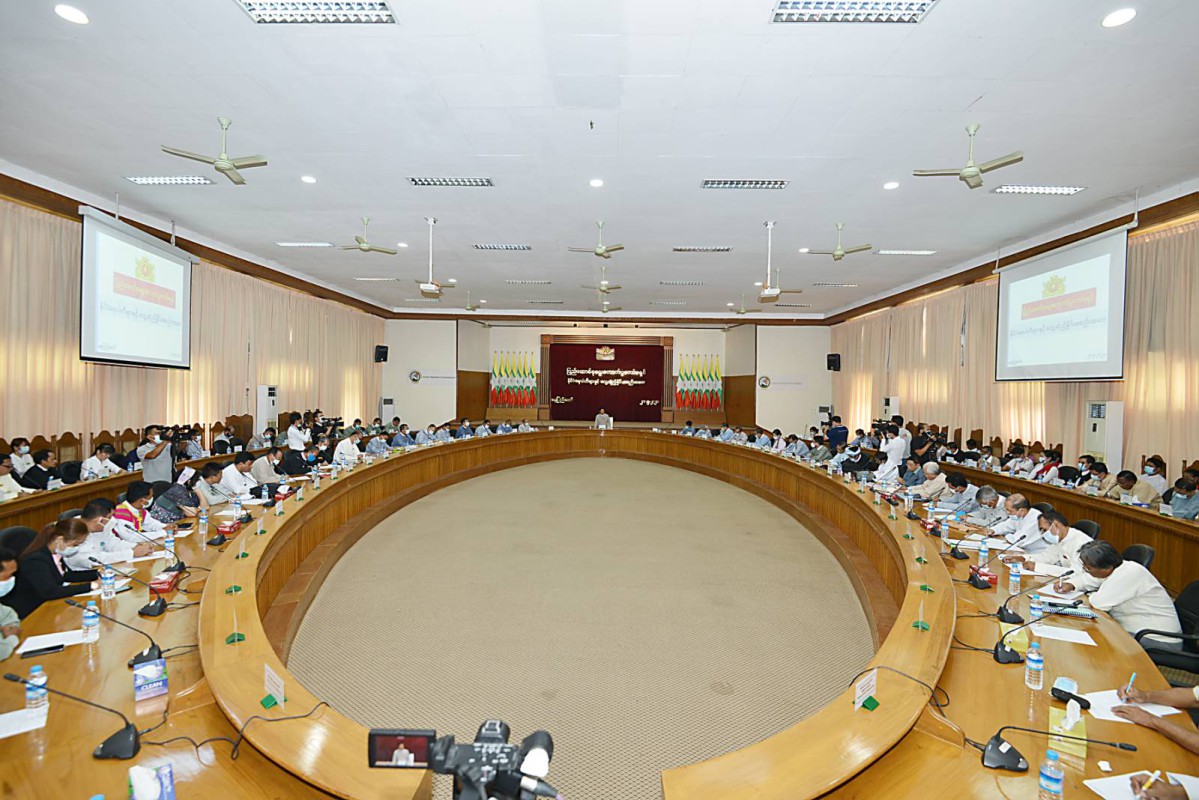CNI News
26 September 2025
Although it had been stipulated that parties competing nationwide in the election must field at least 417 candidates—half of all constituencies—it has now been amended to allow participation if parties can field only one-fourth of the constituencies.
According to Dr. Nyo Nyo Thin, chair of the Yangon Watch Group, this change may have been made out of concern that political parties would face difficulties.
Because of this amendment, political parties running at the Union level will no longer be required to field 417 candidates out of 833 constituencies across 330 townships. Instead, they will be allowed to contest if they can put forward candidates for just one-fourth of the constituencies, meaning they will be spared from the risk of party deregistration.
Previously, the law prescribed that if a political party could not field 417 candidates—or could not contest in at least 417 constituencies out of 833—it would be deregistered.

Union-level political parties
Currently, the Union Election Commission (UEC) has registered six political parties to contest nationwide and 51 parties to contest only within a single state or region.
Because Union-level parties could have faced serious difficulties, the UEC may have relaxed the rule, Dr. Nyo Nyo Thin told CNI News.
“Since political parties are facing difficulties, they want to ensure all six Union parties can participate at the Union level, and they are also worried other parties would face trouble, so they relaxed the rule. Only then will the parties be able to function properly. But if such a statement had been announced earlier, it would have been better. Now it’s a bit late. If they had issued this announcement earlier, there would have been more Union-level parties. Now the number of parties contesting at the Union level is quite small. That means the parliament will lack diversity. Especially, many military-appointed representatives could enter parliament.”, she said.
Originally, Article 12 (a) (i) of the Political Parties Registration Law prescribed that if a Union-level political party could not contest at least half of the constituencies in the general election—including seats for the Pyithu Hluttaw, Amyotha Hluttaw, and state/region Hluttaws (including national races Hluttaw representative constituencies)—it would lose the right to continue as a registered political party.

Meeting between UEC and political parties
Given the current situation, where it is not easy for parties to contest in more than half of the constituencies, other parties also raised concerns, which may have prompted this amendment, said U Myo Set Swe, former General Secretary of the National Democratic Force (NDF).
“U Ko Ko Gyi pointed out that in the current circumstances, it’s very difficult for parties to contest more than half the constituencies. For example, it might work in a PR system, but in FPTP it’s much harder. Because of these conditions, U Ko Ko Gyi submitted a letter to the government highlighting the difficulties. Other parties also raised similar points, so the government made this change. But since the amendment came only close to the election, it doesn’t really have much effect. Without the amendment, some parties would fail to meet the candidate threshold and face deregistration. That would cause serious difficulties for genuine multi-party democracy. So that’s why they made the change.”, he said.
The UEC has announced that Phase (1) of the election in Myanmar will be held on December 28, 2025, in 102 townships.
In the upcoming general election beginning on December 28, polls will be held for a total of 712 constituencies across the three legislatures.




